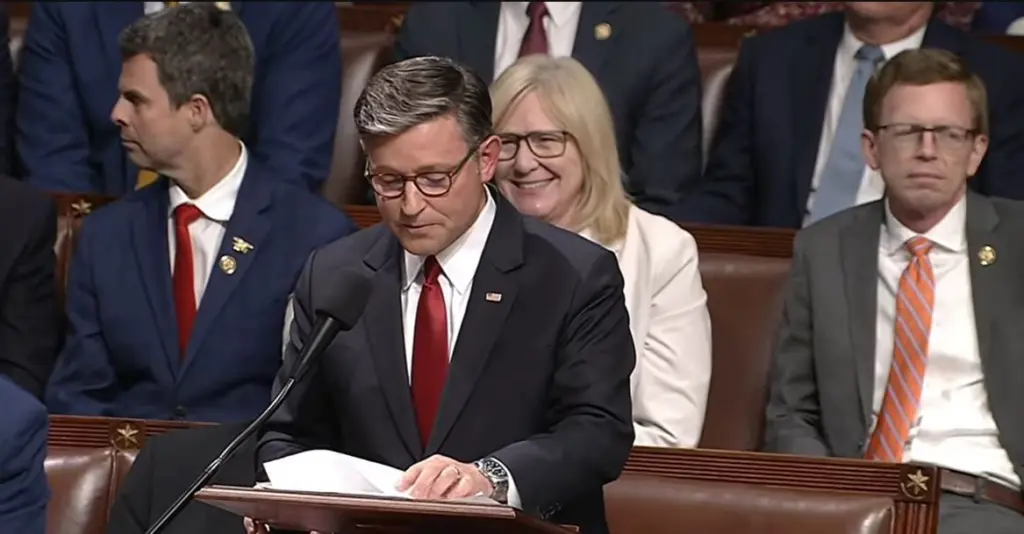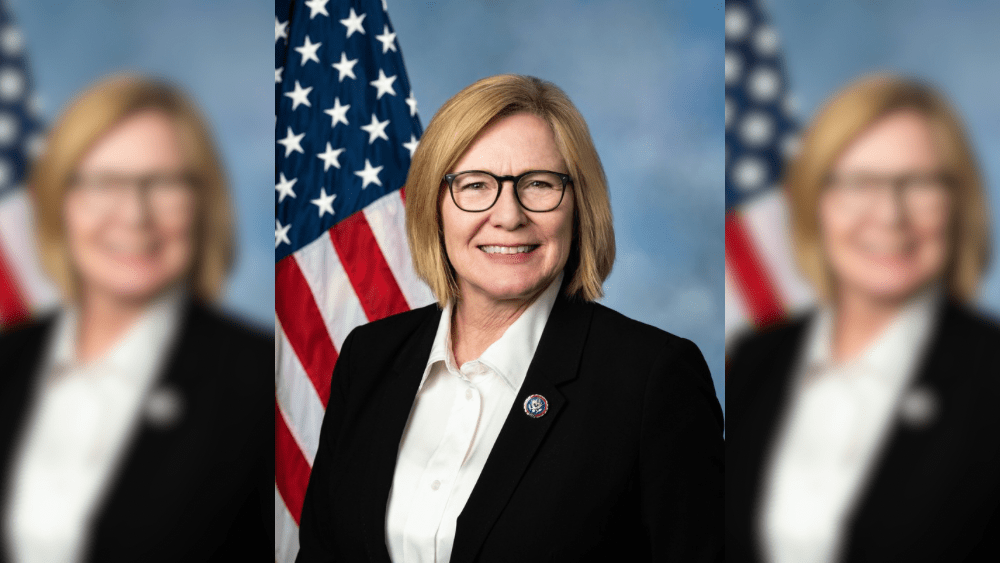Listen: Rep. Michelle Fischbach’s conversation with Scott Hennen on July 10
WASHINGTON – Minnesota Congresswoman Michelle Fischbach says she wants to correct what she calls “misinformation and fearmongering” about people possibly losing Medicaid eligibility because of the “Big Beautiful” law.
“One-point-six million people are improperly enrolled,” Fischbach explained on “What’s On Your Mind?” with Scott Hennen on The Flag July 10.
“We are talking about people who aren’t qualified in the first place. They haven’t been checked. They are enrolled simultaneously in various states.”

Under the new law, those who are able-bodied adults without children receiving Medicaid will have to work 80 hours per month, which could include service in areas of education or volunteering, to be eligible for coverage.
Before the law was passed, the nonpartisan Congressional Budget Office reported 10.5 million people will lose coverage by 2034 because of an $800 million reduction in Medicaid spending.
On the House floor last month, Fischbach said the bill would remove eligibility for “illegal immigrants who should not be on Medicaid.”
“Undocumented immigrants are not in a ‘qualified’ status and thus are not eligible,” Georgetown University Research Professor Leonardo Cuello wrote in a May 21 piece on the Georgetown website.
“In fact, many immigrants that are in a legal status are also ineligible. For example, individuals on student visas, tourist visas, business visas, exchange visitors, and Deferred Action for Childhood Arrivals, can all be in a perfectly legal status but are generally not ‘qualified’ and therefore ineligible for traditional Medicaid.”
Fischbach also called large portions of a proposed farm bill in the “Big Beautiful” law a great thing for Minnesota.
“We’re looking at positive changes to the crop insurance program that’s going to help our farmers. We’re talking about $65.6 billion in farm programs. They range from animal disease to more research,” Fischbach said.
Minnesota Farmers Union President Gary Wertish criticized cuts to SNAP back on July 2 after the Senate passed the bill.
“Recent proposals to cut billions from the federal SNAP program threaten families and the broader agricultural system. The SNAP program is a safety net. The farm bill is a safety net for farmers when times aren’t good, but it’s also a safety net for families,” Wertish said.
The SNAP Education Program has been eliminated nationwide by funding changes in the “Big Beautiful Law”.
The University of Minnesota Extension Service announced it has laid off all 60 of its full-time SNAP Education instructors because the program was eliminated by the “Big Beautiful Law”.
Eight tribal nations within Minnesota, including White Earth and Red Lake, are also impacted by the cuts.
The initiative worked with clinics, daycares, and food banks on healthy eating and using SNAP benefits.





